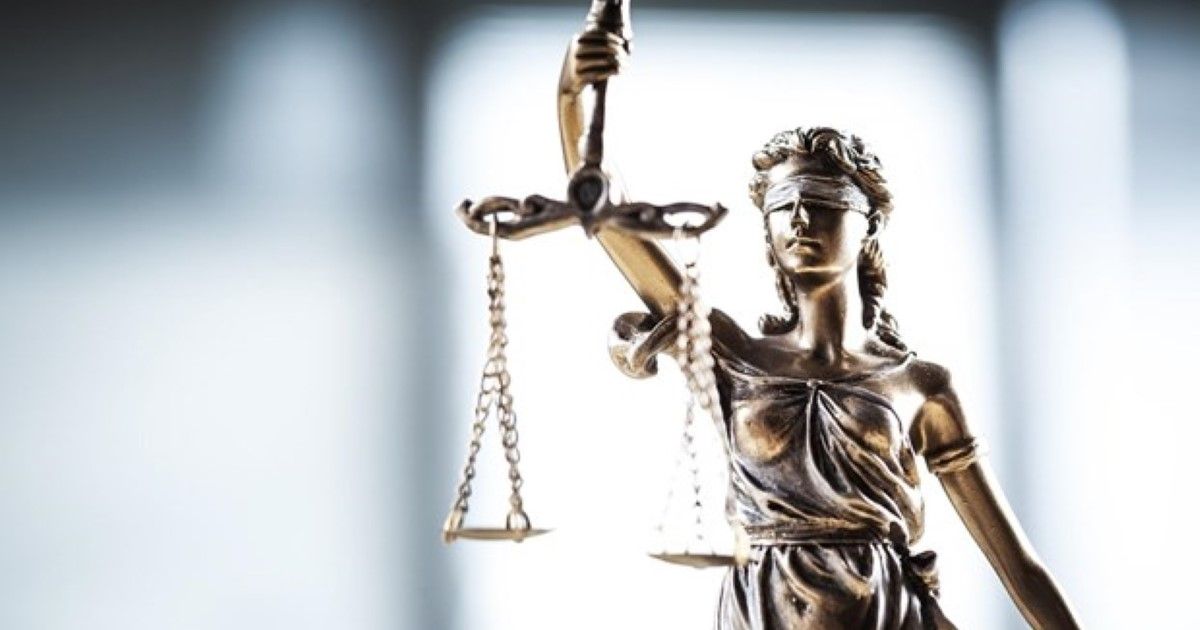We demand the right to defence in the co-financing of non-governmental culture.

To the President of the Republic of Slovenia, Nataša Pirc Musar, to the President of the National Assembly of the Republic of Slovenia, Urška Klakočar Zupančič, to the President of the Committee for Culture of the National Assembly of the Republic of Slovenia, Sara Žibrat, to the Minister of Culture of the Republic of Slovenia, Asta Vrečko, to the President of the European Commission, Ursula von der Leyen, to the President of the European Council, Charles Michel, to the Chair of the Committee on Culture and Education of the European Parliament, Sabine Verheyen
This petition is run by [% inititator_name %]
Petition
We demand that the Ministry of Culture of the Republic of Slovenia re-introduce the applicant's right to defence and the possibility of mediation when evaluating tenders in the field of co-financing of cultural projects before issuing a final decision.
Why is this important?
In 2016, the Ministry of Culture abolished this right unilaterally and without any public discussion.
Co-financing of non-governmental organizations in the field of culture takes place through tenders issued by the Ministry of Culture. Applications are evaluated by an expert committee. Although it is defined as an advisory body to the minister, it is the main decision-maker in co-financing (Articles 20 and 113 ZUJIK / Act on Culture), which is excluded. The evaluations of the expert commission we consider too often be non-objective, biased, or misleading. The applicant can only appeal to the Administrative Court, which deals with the case only on the procedural side, but not on the content, and returns the case for a new decision, where it is evaluated by the same expert commission.
The current method of decision-making grants unlimited power to the expert committee selected in the tender without apparent recourse or accountability. It is public funds that are being awarded, not private. Apart from the Administrative Court, which only checks the procedural side, no one supervises its work. Expert commissions can make intentional or unintentional mistakes in their work and thus exclude from co-financing applicants who are entitled to co-financing, but who cannot defend themselves. Due to the commission's decisions, some prominent applicants had to stop the implementation of their projects or were severely limited in doing so and implemented them only with extraordinary effort and perseverance.
The right to defence with the possibility of mediation is the only instrument that permanently enables correct assessment of expert commissions and prevents their arbitrariness and arbitrariness. It enables top NGO projects to continue and exist regardless of the current political climate or other partisan interests. That is why it should also be in the interest of the Ministry of Culture.
By withdrawing the right to defence, we consider Article 6 of the European Convention on Human Rights is also violated.
The right to defence with the possibility of mediation and an urgent dialogue between the applicant and the expert commission are also included in the pre-election promises of the minister's Left party from 2022: "Repairing the damage of the last two years, especially due to the disregard of expert opinions, the need for radical changes, building new foundations for a comprehensive and coherent the development of all sectors in culture and the establishment of dialogue and regulation of the non-governmental sector". The right to defence with the possibility of mediation is a basic building block of dialogue.
Therefore, we demand that the Ministry of Culture immediately establish the right to defence with the possibility of mediation. We also request an audit of all applications from 2016 to the present, which were dismissed without the right to a defence.
